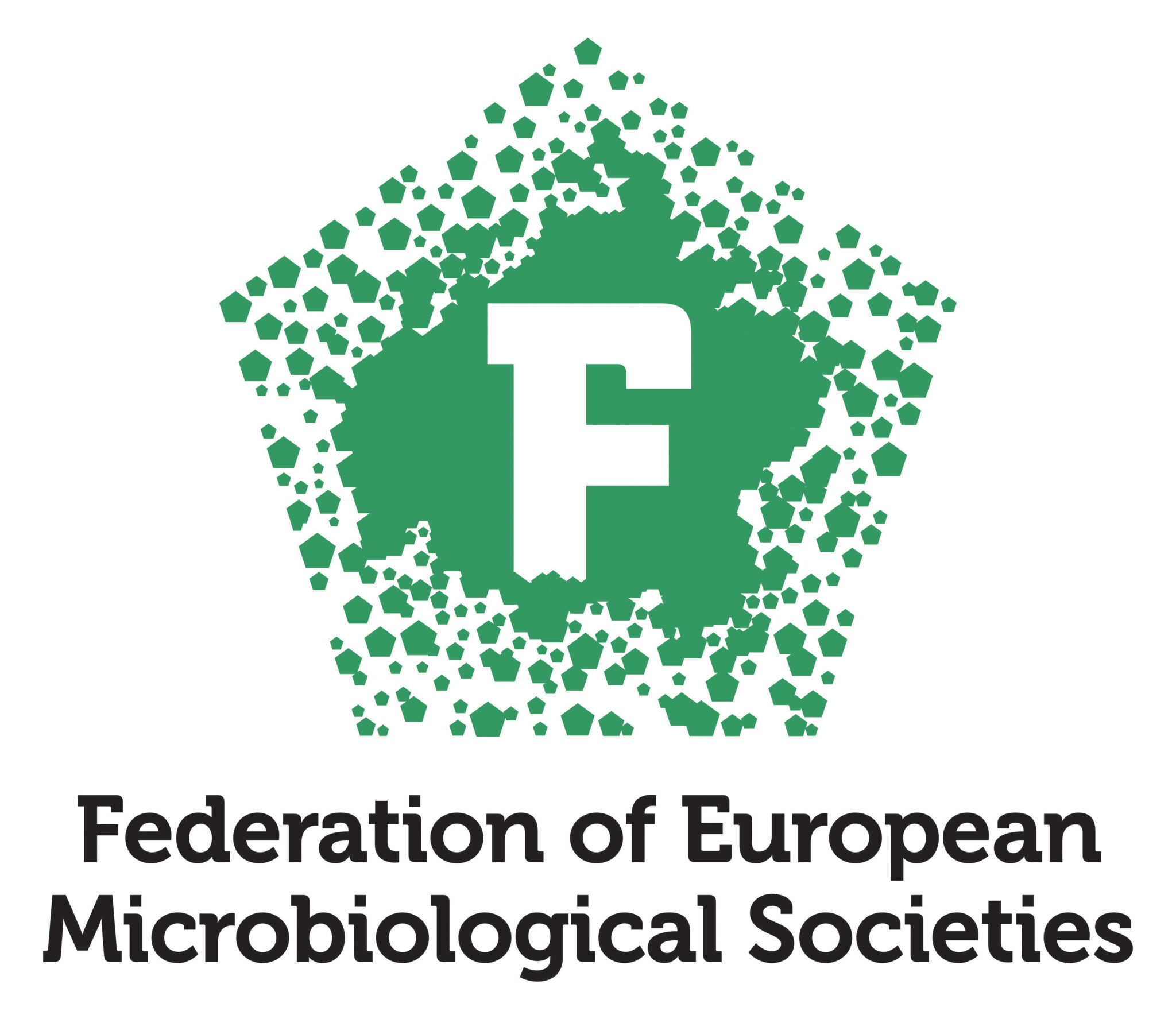Researchers from academia and industry are invited to join the meeting at TU Wien, Vienna, Austria from September 18-21, 2023, including microbiologists, biotechnologists, system biologists, biochemists, and molecular biologists.
As a satellite event to this meeting the COST action EuroMicropH will organize a 2 days Open Meeting (18-19 September 2023), which will share a joint session with the EFB Microbial Stress meeting at the same venue.
Organisers and Grants
PROGRAMME
View the preliminary programme
KEYNOTE SPEAKERS

Michelle Afkhami
University of Miami (USA)

Daniela De Biase
Sapienza University of Rome & EuroMicropH (IT)

Donato Giovannelli
University of Naples Federico II (IT)

Peter Lund
University of Birmingham (UK)

Conor P O'Byrne
University of Galway (IE)

Hana Sychrová
Institute of Physiology, AVCR (CZ)

Kaspar Valgepea
University of Tartu (EE)
Bram Van den Bergh
KU Leuven (BE)

Julia Vierheilig
TU Wien (AT)

Nick Wierckx
Forschungszentrum Jülich (DE)
REGISTRATION
The online registration is now open.
Find all the details of registration fees for academia and industry in the button below.
ABSTRACT SUBMISSION
The Microbial Stress meeting invites participants from academia and industry to submit abstracts describing original research in one of the conference scientific topics.
Abstract Book will be sent out to all participants by e-mail. If you don't receive it before the meeting, please contact to [email protected]
Abstract submission
BURSARIES
This meeting is selected by the Federation of European Microbiological Societies (FEMS) to offer grants for event participation for Early Career Scientists.
In addition, the EFB Microbial Biotechnology division supports Early Career Scientists with travel grants.
Bursary application
VENUE
The Microbial Stress Meeting will be held at the Technical University of Vienna, Austria.
The conference center is close to the old town and well-connected to public transport system.
See more details
SPONSORSHIP
A range of sponsorship opportunities are available. If you are interested in supporting the meeting, please contact the meeting chair [email protected] or [email protected]
MAIN CONFERENCE SPONSORS
MAIN CONFERENCE SPONSORS
SPONSORS
SPONSORS
IN COLLABORATION WITH:
IN COLLABORATION WITH:
CONTACT
[email protected]
Phone: +34 93 521 1153











